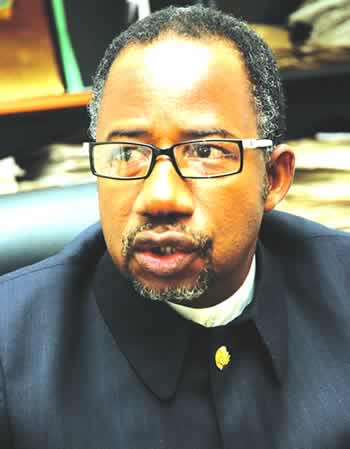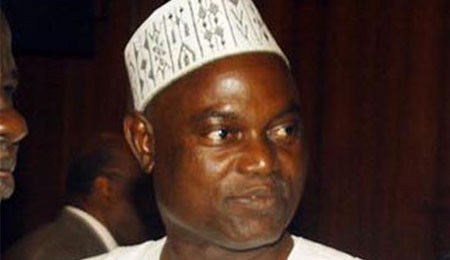Govt laments low fertilizer disbursement rate
THE Federal Government has expressed displeasure over the low disbursement of fertilizers in the all the 36 states and the FCT for the year ended 2010.
This is coming at heels of a report that Nigeria was currently among the lowest consumer of fertilizers in the world with an average rate of about 13kg per hectare, which was about 10 per cent of the world average.
The govt lamented that of the 900,000 tonnes of assorted fertilizers valued at 89.4 billion for 2010, 418.530 tonnes was disbursed, representing 46.5 per cent achievement, adding that with 25 per cent subsidy rate, the total subsidy commitment by the federal government was N22.4 billion.
The Minister of Agriculture and Rural Development, Prof Sheik Abdullah, who expressed this displeasure on Wednesday in Abuja at the 38th Regular meeting of the National Council on Agriculture and Rural Development, said the poor performance led to the extension of the disbursement period by 45 days, disclosing that the closing date have been shifted from 28th February to 14th April 2011.
Abdullah further hinted that the Ministry has embarked on a fertilizer voucher scheme, especially in the states, aimed at facilitating the transition from government controlled fertilizer subsidy delivery to a market based, private sector driven subsidy delivery system in the country.
Speaking on dairy development, he maintained that the enactment of a national law would go a long way in ameliorating the current deplorable situation in the state abattoirs, adding that the ministry has developed a draft National Meat Inspection and hygiene still under deliberation by stakeholders in the ministry.
The Minister, who also spoke on the impact of the global climate change on the nation’s agricultural sector, said that the indications of rise in sea level, makes the coastal areas vulnerable to coastal erosion and flooding, which may wipe away many communities in the region.
He added that many communities may find it extremely difficult to access both surface and ground water for themselves and their livestock, leading to greater migration of people and livestock to the central part of Nigeria.
Abdullah stated that the migration would not only happen from within Nigeria but also from neighboring countries like Chad and Niger, thereby putting pressure on the available natural resources in the central part of the country.
The Federal Capital Territory (FCT) minister, Senator Bala Mohammed, while speaking on the theme of the council meeting – “Adaptation Strategies to Mitigate Effects of Climate Change for Sustainable food Security”, decried the spate of de-forestation going on in the FCT, maintaining that the issue demand national approach for ultimate solution.
Bala, however, urged the council to evolve a concrete strategies and measures that would address all the issues on climate change with a view to harnessing the nation’s potentials in boosting agricultural production.
The Secretary, Agriculture and Rural Development, Federal Capital Territory, Mallam Adamu Buwai, stated the FCT has taken measures in combating climate change through the enforcement of enabling laws on deforestation, and the sensitization of all concern on the dangers of indiscriminate felling of trees and illegal timber exploitation.
Source : Guardian








